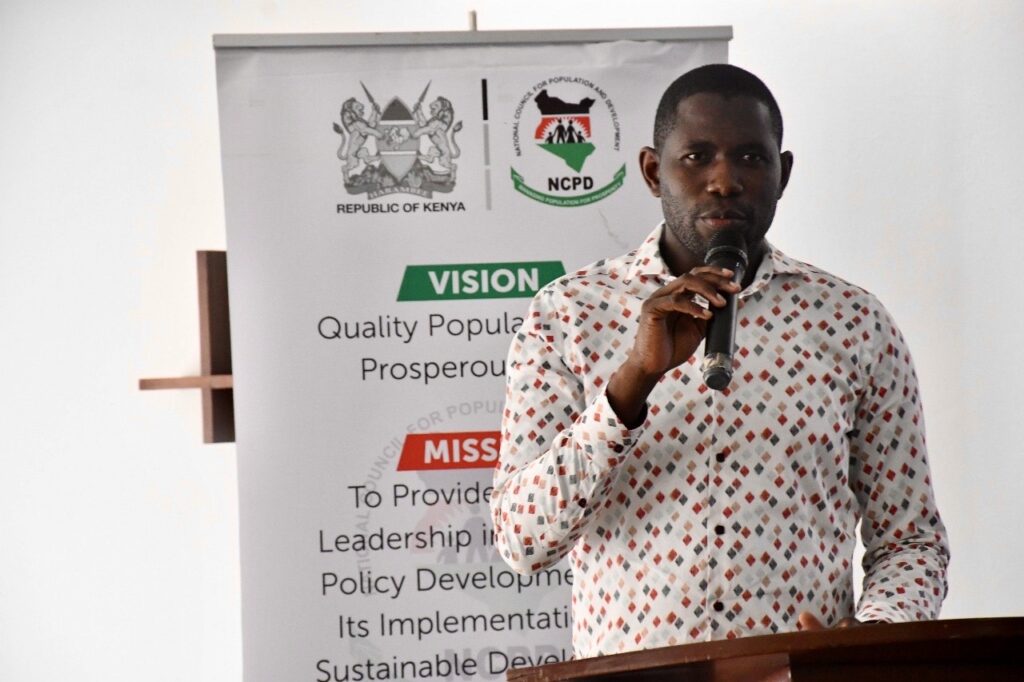Medical Services Principal Secretary has urged the Parliamentary Committee on Health to prioritize enhanced funding for the national family planning programme. During a high-level stakeholder meeting on family planning commodity financing advocacy held in Mombasa, he highlighted the urgent need for sustained investment to ensure equitable and consistent access to family planning services across the country.
To maintain an effective and reliable family planning system, the programme requires approximately USD 25 million annually an amount equivalent to Ksh. 3.2 billion. This budget is essential for the procurement, warehousing, and distribution of family planning commodities nationwide. Without such resources, millions could be left without access to crucial reproductive health services.
Access to commodities alone, however, is not sufficient. The Principal Secretary stressed the importance of public education, noting that awareness must accompany accessibility if the programme is to succeed. He referenced data showing the strong economic case for investment in family planning. According to a cost-benefit analysis conducted in 2018, every shilling invested in family planning yields savings of up to four shillings in healthcare, education, and social service costs. This evidence underscores the efficiency and far-reaching impact of such investments on national development.
Two of the major challenges identified were low public awareness and limited access to family planning commodities. These issues significantly hinder the overall effectiveness and reach of the programme. To overcome them, deliberate and strategic action is needed from both policymakers and healthcare stakeholders. Public education campaigns, community engagement, and improved supply chain systems were emphasized as necessary tools to bridge these gaps.
The Principal Secretary reiterated that family planning should not be viewed merely as a health issue, but as a long-term national investment with substantial social and economic returns. It is an intervention that touches on multiple aspects of life and governance serving as a social equalizer, a promoter of education, and a critical driver of economic growth. By empowering families to plan and space their children, the programme contributes to healthier populations, more robust education systems, and increased productivity.
Family planning also plays a key role in advancing gender equality and empowering women. When women have access to reliable contraceptive options, they are more likely to pursue education, participate in the workforce, and contribute meaningfully to their communities. This empowerment has ripple effects that benefit not only individual families but society at large.
Furthermore, children born into planned families are statistically more likely to thrive. They often receive better nutrition, are more likely to stay in school, and are better equipped to reach their full potential. These outcomes collectively strengthen communities and lay the groundwork for a more resilient and prosperous nation.
Described as a cornerstone of public health, family planning was also portrayed as a strategic pathway to unlocking Kenya’s demographic dividend a critical phase where a larger working-age population can drive economic development, provided that investments in health, education, and employment are adequately made.
In closing, the Principal Secretary affirmed that investing in family planning is an investment in the country’s future. It is a reflection of a progressive, forward-looking society committed to securing well-being and opportunity for future generations. Strengthening the family planning programme, therefore, is not just a matter of health policy but of national priority.

